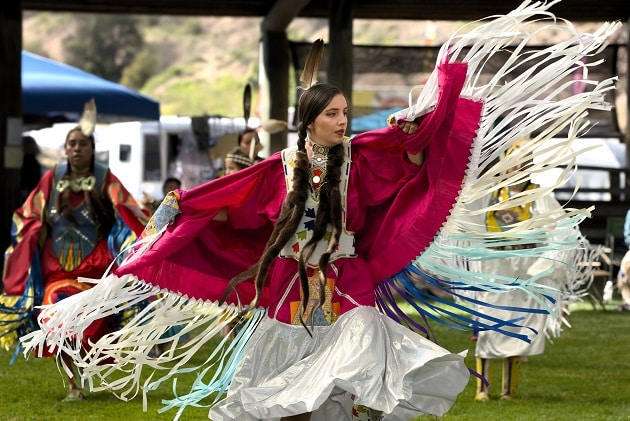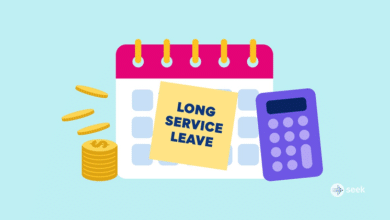5 Ways to Celebrate Native American Heritage Month

Native American Heritage Month celebrates the diverse cultures and traditions of Indigenous people in the United States. Ways to celebrate in the month of November include learning more about tribes, supporting their businesses, having authentic cultural experiences, and reading books by indigenous authors.
Visit a tribal casino
Many tribal casinos such as Gun Lake Casino in Michigan are well worth a visit and not just for gaming. In November, it has an annual “Stuff the Trailer” donation drive to support the Wasauksing First Nation in Parry Sound, Ontario. Anyone aged 21 years or older who donates goods can receive free slot play vouchers to use at the casino.
Besides playing casino games, you can also dine at the Harvest Buffet or other restaurants, have drinks, and watch sports at one of the sports bars. You can also enjoy the vibrant nightlife scene and a wide array of entertainment offerings. Gun Lake Casino also has a tribal online casino where you can wager on casino games and place sports bets.
Attend a tribal event or powwow
In many locations in the US, you are able to attend festivals and powwows in November. Powwows feature traditional arts and crafts, music, and food. This gives you an opportunity to learn more about indigenous artistry and customs. It can be an amazing experience to attend a powwow, and you don’t have to be Native American to participate.
There is a shared joy at these events that you can experience if you have a respectful attitude. The dance arena features a circle that’s blessed and reserved for the dancers. The regalia of dancers and singers is handmade and takes months to create. Some clothing is passed down through generations. All powwows start with a grand entry as the dancers enter the circle and an opening prayer is said. There is sometimes a dance where you can join in.
Support Native American businesses
Native American Heritage Month is a chance to find out more about Native-owned businesses and support them. Native American-owned businesses are making an increasing contribution to the economy but can face an uphill battle for various reasons such as access to credit and a lack of technical or business knowledge. Despite this, Native entrepreneurs have moved into many industries.
A site like Beyond Buckskin focuses on Native American-made clothing and accessories. It brings ancient designs, cultural stories, and natural materials to modern fashion. There is no better way to show your support for businesses like this than as a consumer. You can also follow and engage with Native-owned firms on social media to help them grow their online presence.
Learn about local tribes
The Native American population in the United States is currently estimated at between 3.1 and 8.7 million. There are 574 federally recognized native tribes with unique cultures and traditions. You can try to find out more about the local tribes living in your area. Many cities in the US have museums or cultural centers with exhibits. You can find one in your zone to visit. You can use the Smithsonian’s interactive map to see which Indigenous lands you live on.
There are online resources that can help you to learn more such as Gale In Context. It has audio clips, videos, etc. on topics relevant to Native Americans. You could also visit tribal lands or attend classes to learn Native American crafts. The more you learn about a local tribe, the more you will respect and appreciate its history and culture.
Read books by Native American authors
Reading books by indigenous authors can give you insights into the experiences of Native Americans. The Mighty Red is a book by Pulitzer Prize-winning author, Louise Erdrich. It is set in rural North Dakota and explores themes like time, tragedy, and supporting the planet Earth.
The Berry Pickers by Amanda Peters is her debut novel. It’s a tragic historical mystery about the Mi’kmaq family. Tommy Orange had a breakout debut novel in 2018 called There There. His latest novel, Wandering Stars, is both a prequel and a sequel. It follows the descendants of Jude Star, a Cheyenne survivor of the 1864 Sand Creek massacre.





